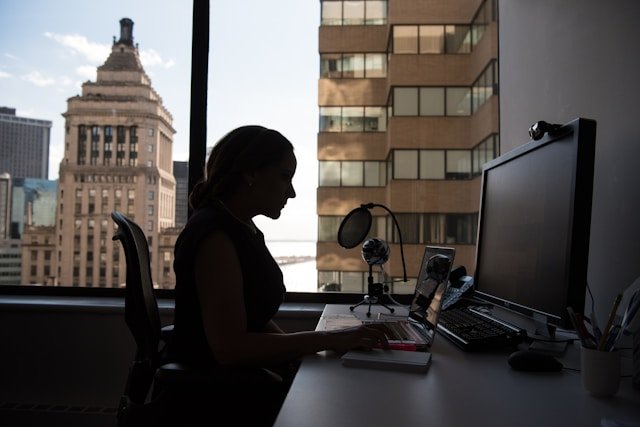In today’s high-speed, high-demand world, working women are more prone than ever to burnout—a state of emotional, physical, and mental exhaustion caused by prolonged stress. Despite increasing awareness, burnout among women often goes unnoticed, especially in the Middle East where balancing career, family, and societal expectations can become overwhelming.
The Gendered Reality of Burnout
While burnout affects all professionals, studies show that women experience burnout at significantly higher rates than men, especially those juggling multiple roles—employee, caregiver, partner, and parent. In the UAE, where women are rapidly advancing in sectors like healthcare, education, and business, this issue is both timely and urgent.
Signs and Symptoms
Recognizing burnout is the first step toward healing. Common symptoms include:
- Chronic fatigue
- Irritability and mood swings
- Sleep disturbances
- Low productivity
- Feelings of helplessness or cynicism
When left unaddressed, burnout can lead to more serious health problems, such as depression, anxiety, cardiovascular disease, and weakened immunity.
Causes of Burnout in Working Women
Several factors uniquely contribute to burnout in women:
- Workplace Inequality: Gender bias, pay gaps, and underrepresentation in leadership roles often lead to feelings of frustration and invisibility.
- Double Duty: Many women shoulder a disproportionate share of housework and child-rearing responsibilities.
- Perfectionism: Cultural pressures to excel in every role can lead to unsustainable expectations.
- Lack of Support: Inadequate access to mental health care for women or support networks exacerbates stress.
Prevention and Management
To combat burnout, working women need strategies that support holistic well-being:
- Set Boundaries: Define work-life limits and stick to them. Turn off email notifications after work hours.
- Prioritize Self-Care: Exercise, eat well, and make time for hobbies and rest.
- Seek Support: Talk to a therapist or join women’s wellness groups. Mental health services in the UAE are increasingly accessible and tailored to professional women.
- Advocate for Change: Encourage workplaces to adopt flexible hours, mental health days, and gender-sensitive policies.
A Healthier Future for UAE’s Working Women
The UAE is making strides in supporting women through government-backed programs and employer initiatives. However, raising awareness about burnout remains critical. Platforms like Medcare 360 Magazine play a pivotal role in highlighting the importance of women’s mental health, work-life balance, and holistic wellness.
Final Thoughts
Burnout isn’t a sign of weakness—it’s a signal that something needs to change. By recognizing the early signs and addressing the root causes, working women can reclaim their energy, confidence, and health.
